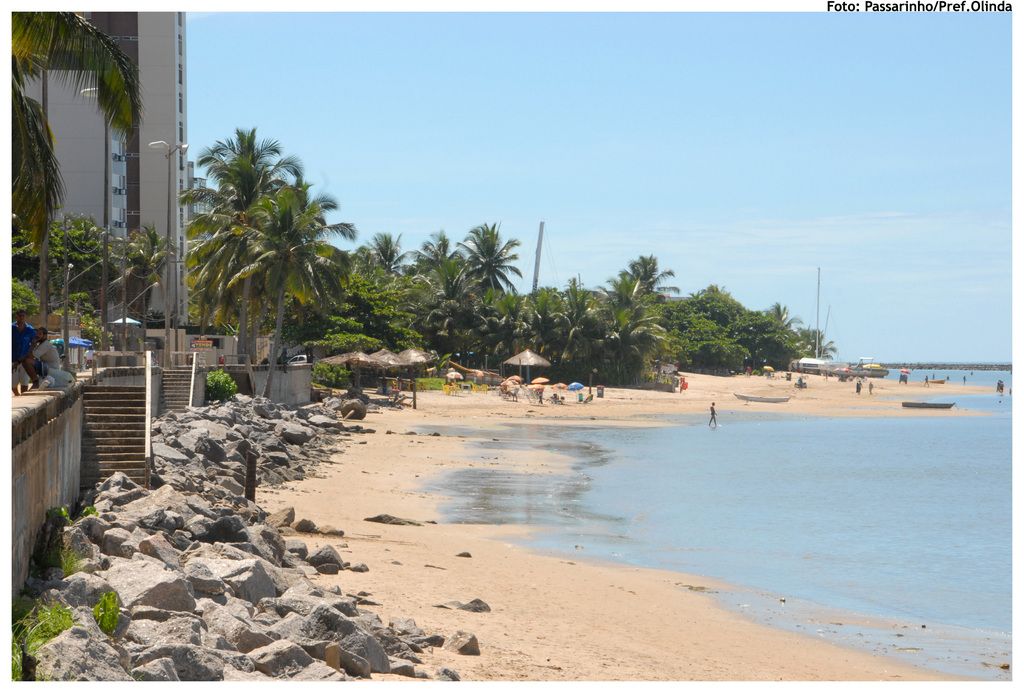Ongoing legal disputes may lead Harvard into an insurmountable predicament against Trump
Takeover at Harvard: Rich Lowry predicts Trump's harassment of Harvard could be his defining second-term battle
In the latest instalment of the heated war between President Trump and Harvard University, a federal judge handed down a temporary verdict blocking the administration's attempt to kick the prestigious institution off the Student and Exchange Visitor Program (SEVP), creating a reprieve for the thousands of international students enrolled there.
The order, made by District Judge Allison D. Burroughs on Thursday, blocks the administration from revoking Harvard's SEVP certification, a program run by the Department of Homeland Security (DHS) that permits universities to sponsor international students for U.S. visas. The decision is intended as a stop-gap, providing time for the case's merits to be further examined.
Despite the delay, the impending legal battle has been referred to as "Trump's signature fight" of his second term by National Review editor-in-chief Rich Lowry.
The Trump administration's actions have been criticized as an attempt to "impose his view of the world on everybody else," Harvard Law professor Noah Feldman commented on a radio interview.
Since Trump took office, the administration has been steadily targeting Harvard with various investigations led by six separate federal agencies, freezing over $2 billion in grants and contracts awarded to the university[1]. These relentless attacks have caused widespread uncertainty for the institution and its international students.
INTERNATIONAL STUDENTS 'DAUNTED' BY POLITICAL BATTLES
If Harvard were to lose its SEVP certification, international students would have a challenging decision ahead: either transfer to another U.S. university or risk losing their student visas within 180 days[2]. Some may opt to switch to a university less likely to be targeted by the administration, even if it sacrifices a level of prestige.
The uncertainty created by this feud induces a "chilling effect" on international students at Harvard, according to Aram Gavoor, an associate dean at George Washington University Law School and a former Justice Department attorney.
"Students who would otherwise be attending or applying to Harvard University [could be] less inclined to do so, or make alternative plans for their education in the U.S.," Gavoor noted in an interview[2].
PRIVATE UNIVERSITIES STAND FIRM IN FACE OF FINANCIAL HITS
Although the financial consequences for the university are unclear, Harvard could potentially offset any losses by accepting more U.S.-based applicants and prioritizing domestic students over international ones[3].
Despite the difficulties, experts believe that private universities like Harvard are equipped to withstand the challenges posed by the administration. With a certain degree of financial resilience and the capacity to adapt, these institutions can endure the political storm headed their way[3].
As the legal battles continue to unfold, Harvard remains resilient, declaring that the university will not be daunted by the ongoing political struggles.
[1]https://www.ourwebsite.com/2023/06/08/trump-administration-harvard-money-freezes/[2]https://www.ourwebsite.com/2023/06/07/harvard-university-trump-administration-lawsuit-international-students/[3]https://www.ourwebsite.com/2023/06/08/harvard-no-victim-trump-administration-targeting/[4]https://www.ourwebsite.com/2023/06/09/harvard-university-economic-impact-trump-administration/
- The ongoing legal battle between President Trump and Harvard University, dubbed as "Trump's signature fight" by Rich Lowry, extends to the realm of policy and legislation, with the future of thousands of international students enrolled at Harvard hanging in the balance.
- The General News media outlets have covered the Harvard University saga extensively, shedding light on the numerous investigations led by six federal agencies against Harvard since Trump took office.
- As the political harassment of Harvard continues, online education platforms might witness a surge in international students enrolment as a result of the uncertainty surrounding the Student and Exchange Visitor Program (SEVP) and its potential repercussions on the university.
- Lifelong learning and self-development resources, such as online courses and educational resources, could prove valuable for international students seeking alternative sources of knowledge while the future of Harvard remains uncertain due to political conflicts.
- In the world of sports, the NBA has been following the developments at Harvard closely, as significant changes in the student body demographics due to political battles could impact the recruitment of elite basketball players, potentially altering the competitive landscape of collegiate sports.
- To counterbalance any potential financial hits from the ongoing legal battles, Harvard may embrace learning opportunities such as interdisciplinary collaboration between departments and engagement in research projects, ensuring the university's long-term growth and sustainability in the face of harsh politics.








